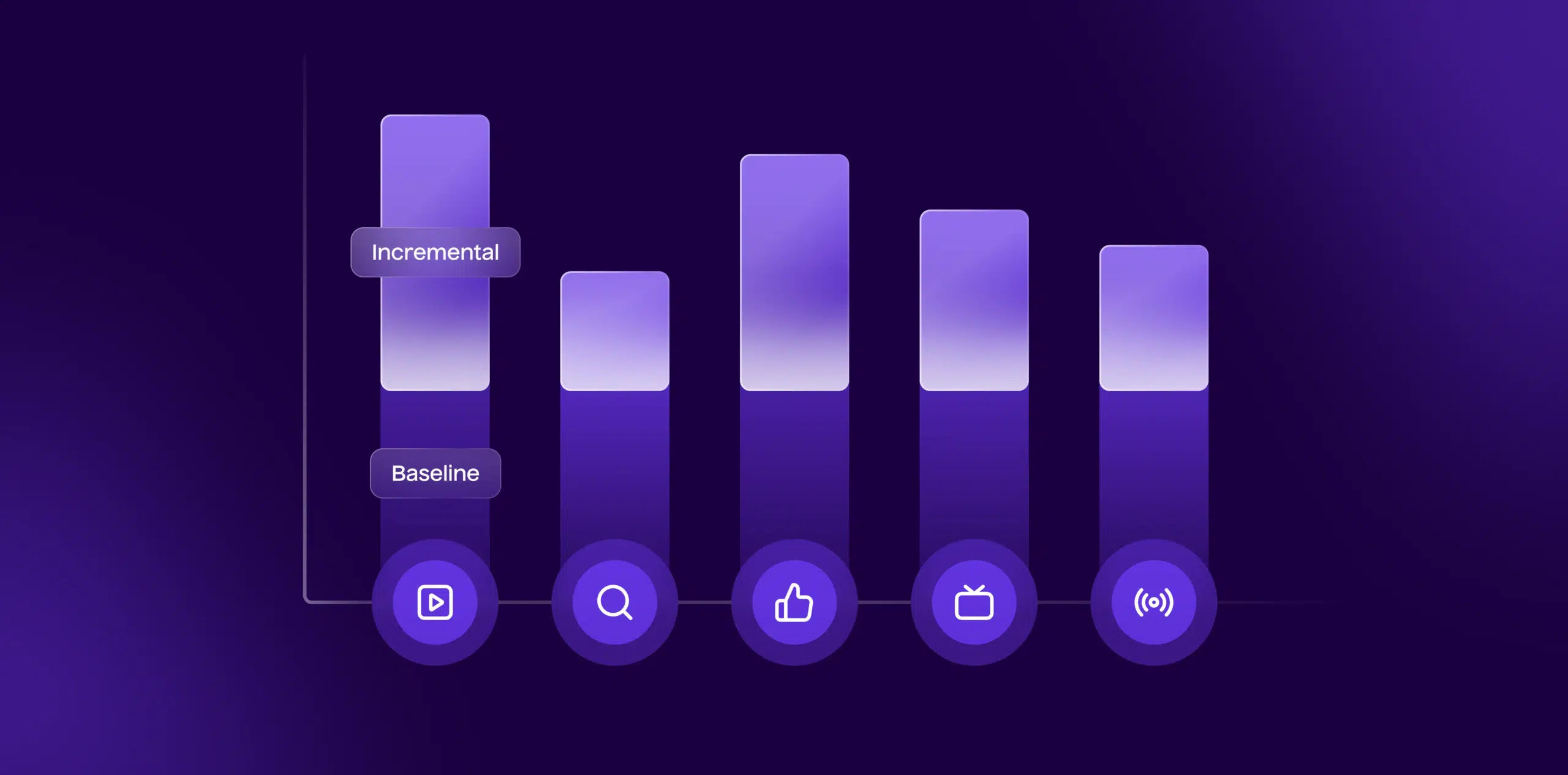What is Regression Analysis?
Regression Analysis is a statistical method used to examine the relationship between one dependent variable and one or more independent variables. It helps identify how changes in independent variables impact the dependent variable, providing insights for prediction and analysis.
Formula
For a simple linear regression:
y=β₀+β₁ x + ϵ
where:
- y = dependent variable
- β₀ = y – intercept
- β₁ = slope of the line
- x = independent variable
- ϵ = error term
Example
A company wants to understand the impact of advertising spend on sales. By performing a regression analysis, they find the equation:
Sales = 50+2.5 X Ad Spend
This suggests that for every additional dollar spent on advertising, sales increase by $2.50.
Why is Regression Analysis important?
Regression Analysis is crucial for:
- Predicting future trends based on historical data.
- Identifying relationships between variables.
- Making data-driven decisions in business and research.
- Optimizing resource allocation by understanding key drivers.
Which factors impact Regression Analysis?
Several factors can influence Regression Analysis, including:
- Data Quality: Accuracy and completeness of the data used.
- Model Selection: Choosing the appropriate type of regression model (linear, logistic, etc.).
- Assumptions: Meeting the assumptions of the regression model (e.g., linearity, independence).
- Outliers: Presence of outliers can skew results.
How can Regression Analysis be improved?
To enhance Regression Analysis, consider:
- Data Cleaning: Ensuring data accuracy and handling missing values.
- Feature Selection: Identifying and including relevant variables.
- Model Validation: Using techniques like cross-validation to check model accuracy.
- Addressing Assumptions: Testing and ensuring model assumptions are met.
What is Regression Analysis’s relationship with other metrics?
Regression Analysis is closely related to metrics like correlation coefficient, R-squared, and p-values. It provides a detailed understanding of variable relationships, which complements other metrics by adding predictive and explanatory power. This integration aids in making informed decisions, optimizing strategies, and improving overall performance.
Free essential resources for success
Discover more from Lifesight
















